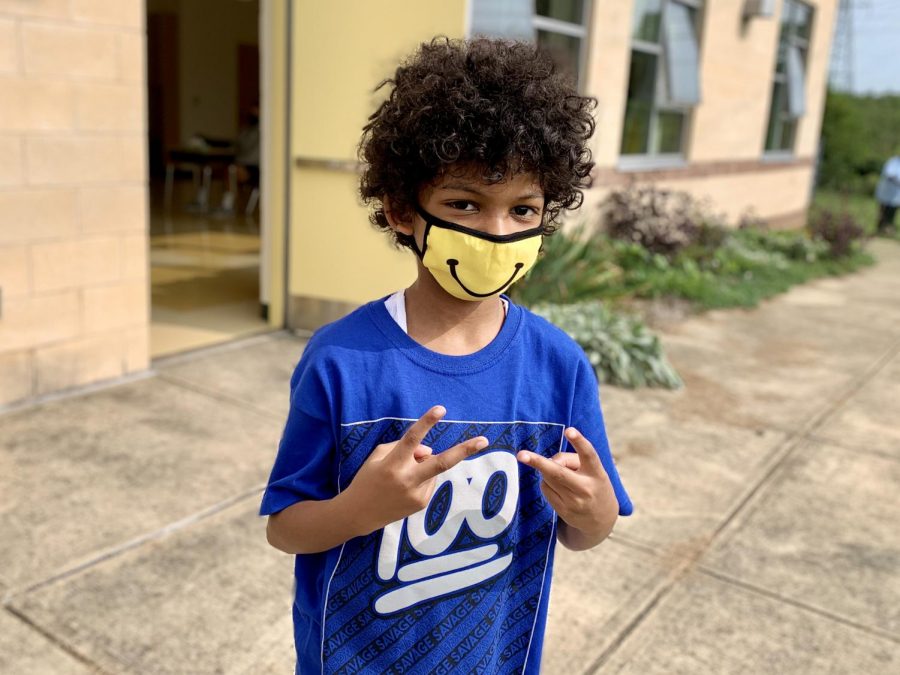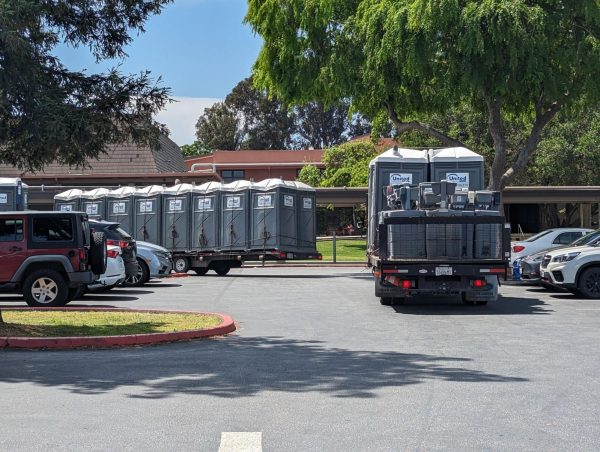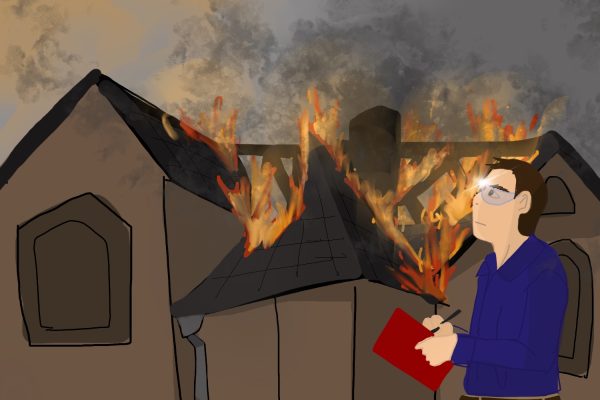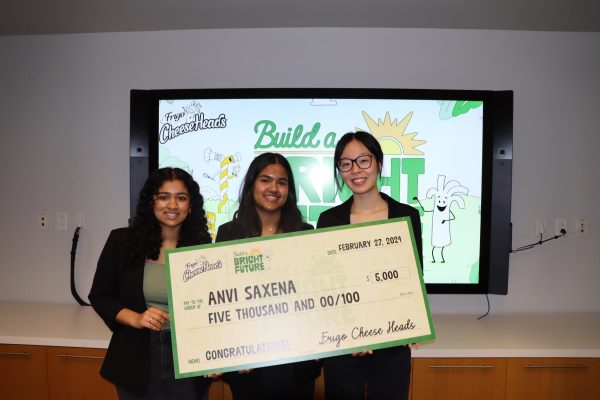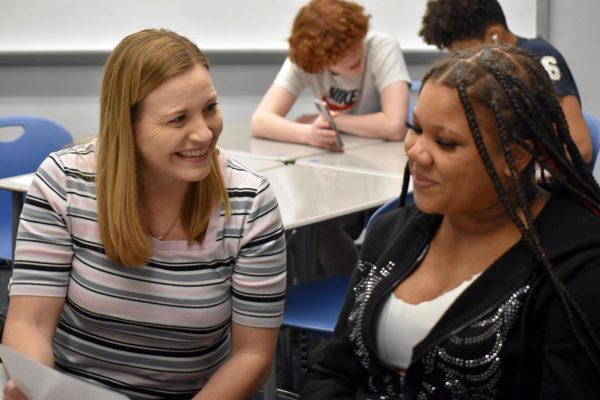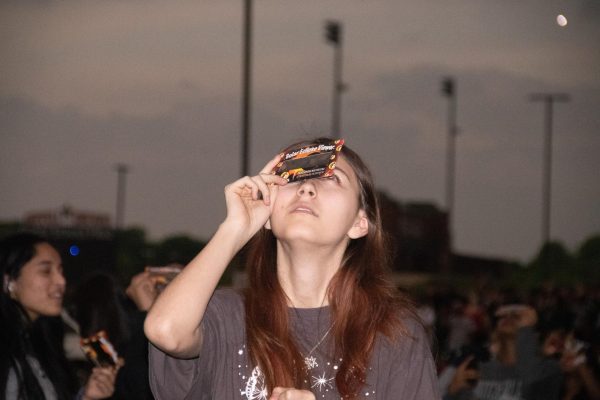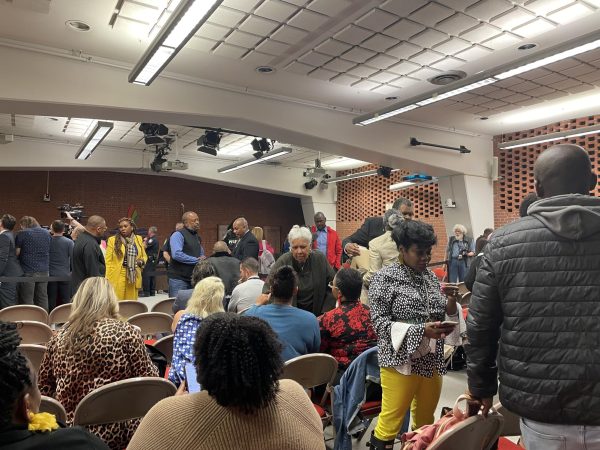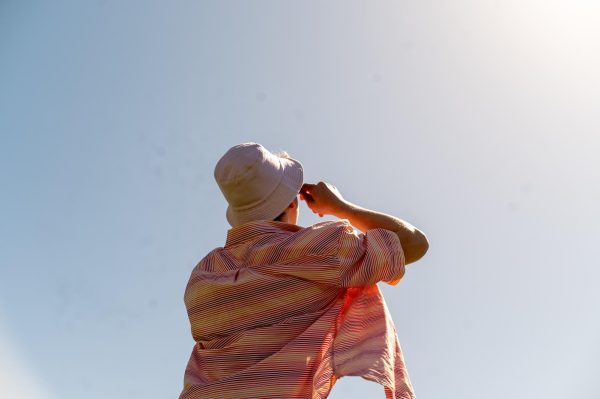Equity hubs bring community to students across the county
February 26, 2021
Some names have been changed to respect parents’ wishes for privacy.
MCPS’ online-only learning model has thrust young students into a difficult situation — learning the fundamentals of reading, writing and math from behind a screen. This task is especially difficult when parents and guardians have to leave the house for work and are unable to help their child. Dealing with the rigors of online learning has become extremely challenging without an adult present, and many students have been hindered in learning foundational academic skills.
To address this dilemma, the Children’s Opportunity Fund and the Black and Brown Coalition for Educational Equity created equity hubs in September, which have since emerged across Montgomery County throughout the school year.
Equity hubs are COVID-safe learning environments for elementary and middle school students, which provide assistance to those without parents at home during the school day. The bubbles typically consist of 13 students and two staff members.
This program has served as a crucial tool for minority students and students living in low-income households. Of all the students who attend equity hubs, 74% percent are Latino or Black, even though these groups only make up 54% of MCPS’ student body. The average family income of equity hub students is $25,927, indicating that many students attending equity hubs come from low-income families.
“This is not just for the students themselves, it’s also for their families,” said Jamie Miura (‘16), an AmeriCorps Member at the Children’s Opportunity Fund. “A lot of people who attend tell us that they’re actually able to go back to work, because the equity hubs provided childcare.”
AmeriCorps, a government-supported volunteer program, works with various nonprofits to help strengthen and support vulnerable communities. Miura’s work specializes in early learning skills; he helped develop the Literary Task Force, which addresses studying early age literacy levels in Montgomery County.
The Children’s Opportunity Fund and the Black and Brown Coalition for Educational Equity teamed up with local parents and businesses to raise money and create the equity hub program, one which provides certified child care providers and staff who adhere to CDC protocols.
“My son is getting to be in a classroom environment, and it is helping him stay focused and participate more in his virtual learning,” said Jenna, whose child attends an equity hub. “He loves his teachers and enjoys having outside time and playing with other students.”
Equity hubs are a public-private partnership, receiving funding from private companies and members of the community. The program was formed from an initial $550,000 received through private funding.
Since its creation, the program has rapidly expanded. What was once a small practice helping a handful of students now has locations at 71 elementary schools, with 96 total classrooms.
Equity hubs have not only become a safe space for children to learn — they have provided a sense of normalcy to young students, safely replicating the experience of in-person school, though on a smaller scale. Beyond the classroom experience, equity hubs also supply meals, transportation and recess.
“We make sure that food is available every day for lunch so if the students need that support they’re able to get it,” said Kimberly Rusnack, the project director of the Children’s Opportunity Fund. “We also provide transportation for some students as well because that was impacting their attendance.”
The Montgomery County Council has appropriated an additional $3.6 million to support equity hubs, ensuring that as long as virtual learning persists, these in-person classes will be available to the nearly 1,500 MCPS students who cannot learn from home.
“My daughter loves being with people,” said Avery, whose child attends an equity hub. “Having other kids with her has buoyed her spirits and given her the peer to peer interaction she was craving at home.”
This story was originally published on The Black & White on February 22, 2021.



























![IN THE SPOTLIGHT: Junior Zalie Mann performs “I Love to Cry at Weddings,” an ensemble piece from the fall musical Sweet Charity, to prospective students during the Fine Arts Showcase on Wednesday, Nov. 8. The showcase is a compilation of performances and demonstrations from each fine arts strand offered at McCallum. This show is put on so that prospective students can see if they are interested in joining an academy or major.
Sweet Charity originally ran the weekends of Sept. 28 and Oct. 8, but made a comeback for the Fine Arts Showcase.
“[Being at the front in the spotlight] is my favorite part of the whole dance, so I was super happy to be on stage performing and smiling at the audience,” Mann said.
Mann performed in both the musical theatre performance and dance excerpt “Ethereal,” a contemporary piece choreographed by the new dance director Terrance Carson, in the showcase. With also being a dance ambassador, Mann got to talk about what MAC dance is, her experience and answer any questions the aspiring arts majors and their parents may have.
Caption by Maya Tackett.](https://bestofsno.com/wp-content/uploads/2024/02/53321803427_47cd17fe70_o-1-1200x800.jpg)
![SPREADING THE JOY: Sophomore Chim Becker poses with sophomores Cozbi Sims and Lou Davidson while manning a table at the Hispanic Heritage treat day during lunch of Sept 28. Becker is a part of the students of color alliance, who put together the activity to raise money for their club.
“It [the stand] was really fun because McCallum has a lot of latino kids,” Becker said. “And I think it was nice that I could share the stuff that I usually just have at home with people who have never tried it before.”
Becker recognizes the importance of celebrating Hispanic heritage at Mac.
“I think its important to celebrate,” Becker said. “Because our culture is awesome and super cool, and everybody should be able to learn about other cultures of the world.”
Caption by JoJo Barnard.](https://bestofsno.com/wp-content/uploads/2024/01/53221601352_4127a81c41_o-1200x675.jpg)




